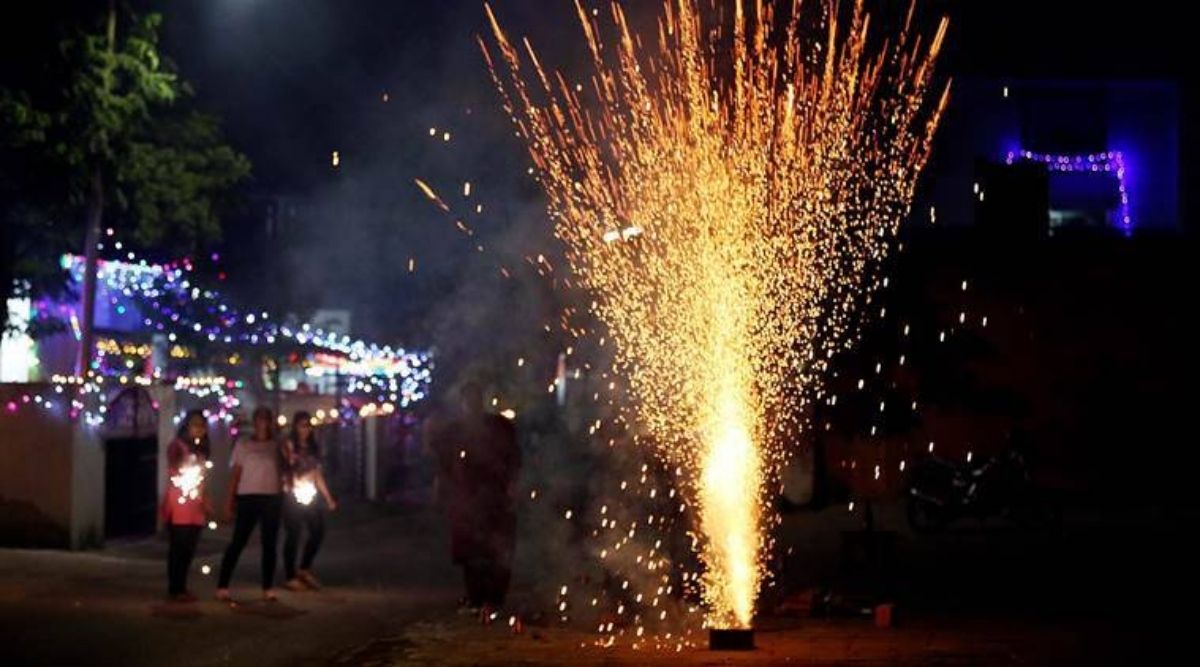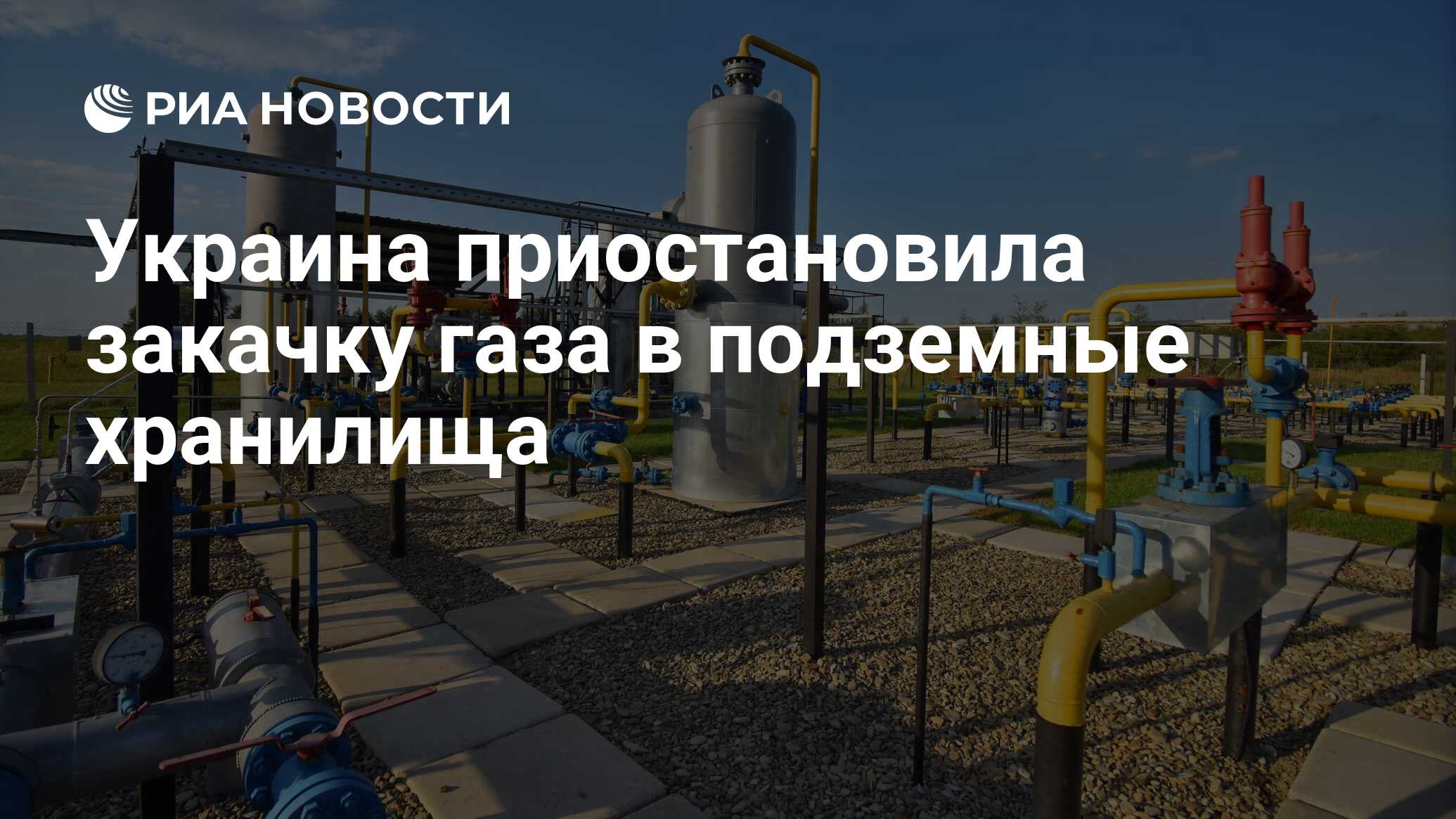Listen to news
Stop listening
The National Union of Journalists of Ukraine published an appeal to the authorities on its website. Media workers complained about the new unaffordable tariffs for gas and heating. In January, the cost of gas for private enterprises rose to 65 hryvnia (176 rubles) per cubic meter. Ukrainian media are demanding that the government “effectively support” regional publications.
Unbearable tariffs
“Gas attack on editorial offices – a new threat Ukrainian regional press. This winter has become another serious test for the editorial offices of regional and local newspapers, which are already in a deep economic crisis. For most of them, the tariffs for gas and space heating turned out to be unaffordable. After all, formally, local newspapers, most of which were utility companies until 2019, are a private business, and therefore the prices for them are set to the maximum,” the National Union of Journalists of Ukraine said in a statement.
According to media professionals, the government should stop ignoring the “extraordinary” economic crisis in the regional media and create a program to “effectively support” the Ukrainian media.
The Union recalled the words of their secretary, editor-in-chief of the newspaper “Horizons of Izyumshchyna” Konstantin Grigorenko. At the end of December, he was outraged by the cost of gas at 38 hryvnia (103 rubles) per cubic meter. But by mid-January, prices had already risen to 65 hryvnia per cubic meter for private enterprises.
“To all the problems that are available today in local publications, another one has been added – gas. I think that it touched not only our “Horizons of Izyumshchyna”. I talked with colleagues from Odessa, Nikolaev, Donetsk, Lvov regions. And everywhere the situation is the same.
For the first time in recent years, with the onset of cold weather and the beginning of the heating season, we did not turn on gas heating in the editorial office. They turned it on only for two days, when the air temperature outside reached minus ten degrees.
And it’s not a fact that we will heat in the future editorial office,” Grigorenko emphasized.
“Everyone who can work remotely “
The Baldruk printing enterprise, where two-thirds of regional newspapers of the Kharkiv region. There, the batteries were turned on only in December for a week at the very peak of frost. Then I had to switch to electric heaters. But this is not enough: the temperature in the offices does not exceed 8-12 degrees Celsius. And some rooms can only be warmed up to plus 5 degrees.
“I can’t imagine what the cost of printing would be if the printing house was heated with gas. This problem needs to be raised at the government level, because it can’t go on like this. These are not normal working conditions when a journalist at the workplace writes material in a sweatshirt and felt boots,” Grigorenko is convinced.
A
Svetlana Lyashko from the Sarnenskie Novosti newspaper of the Rivne region said that its publication owed 42,000 hryvnias (114,000 rubles) for heating in January. For November and December, the editors paid half as much.
“We are transferring employees to part-time work. Everyone who can is working remotely. Utility bills eat up most of the money earned,” the woman complains.
“finish”. Therefore, it is often necessary to “turn on the batteries to a minimum” – just enough so that the equipment does not freeze. But there are publications that have been living without heat for 9 years already.
“We turned off the heating before the war, in 2013, when the cost of energy began to rise. We work remotely, we come to the editorial office only one day a week, when the newspaper is being typeset, you need to sign documents,” says Oleksandr Kulbaka, editor of Slavyanskiye Vesti, Donetsk region.
All the editors of the local newspapers complain about “injustice”. Even 3-5 years ago, city or district councils were the founders of publications. If editorial offices had remained public utilities, gas would have cost them 16.5 hryvnias (45 rubles) per cubic meter. It is these tariffs that are set today, for example, for public utilities and religious organizations.
“The government should implement a program of anti-crisis measures to support Ukrainian local media. Our key initiative is the urgent holding in the first half of the year of special parliamentary hearings on the economic sustainability of local media. This is a platform both for the report of government officials and for uniting the efforts of responsible politicians, officials and representatives of the local media industry in order to improve the awareness of Ukrainians about current events, to effectively protect the information space of Ukraine,” concluded the chairman of the National Union of Journalists of Ukraine Sergei Tomilenko.
Note: This article has been indexed to our site. We do not claim legitimacy, ownership or copyright of any of the content above. To see the article at original source Click Here













